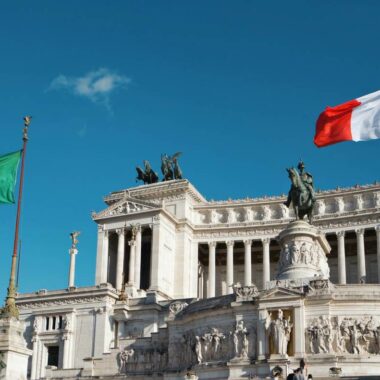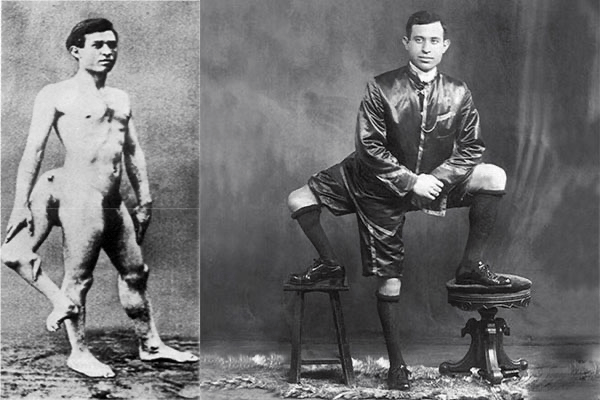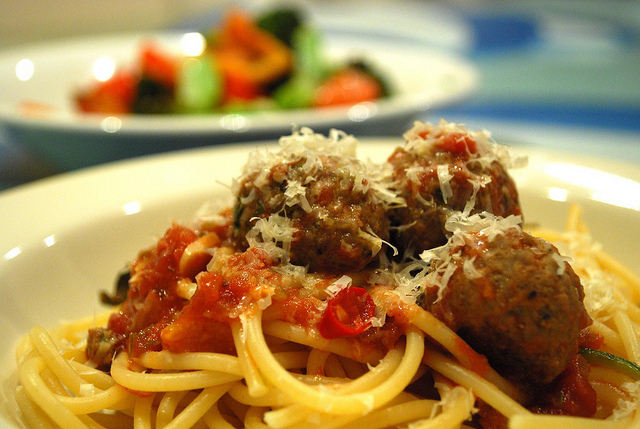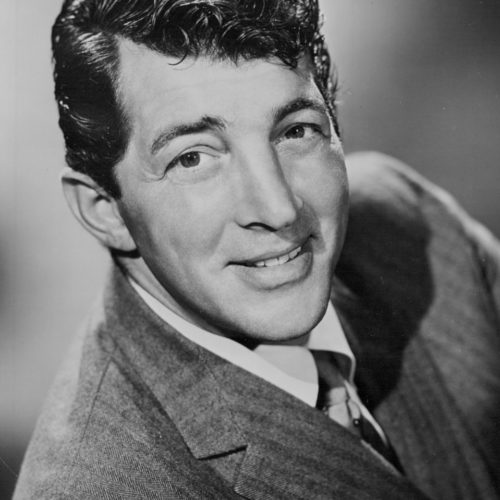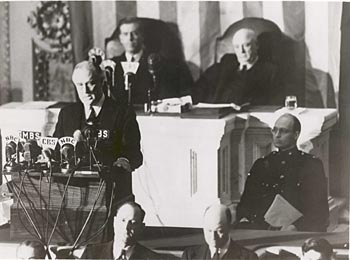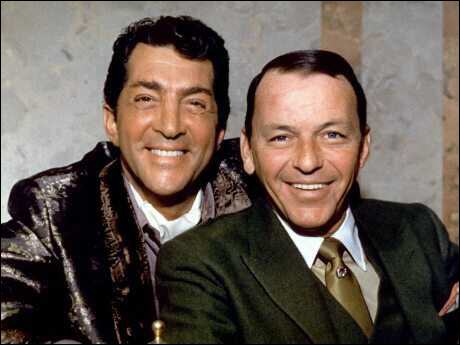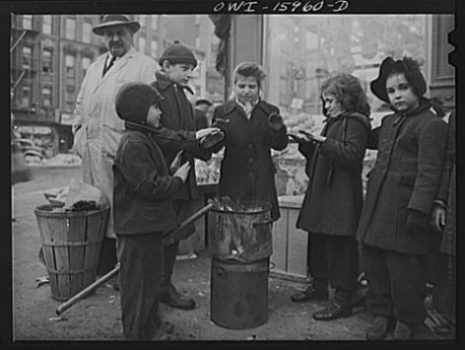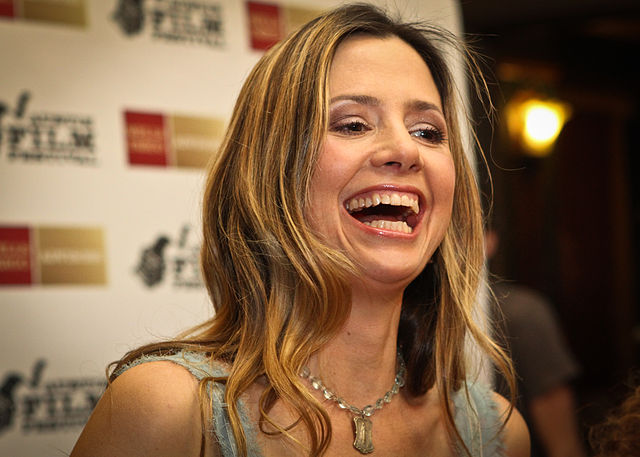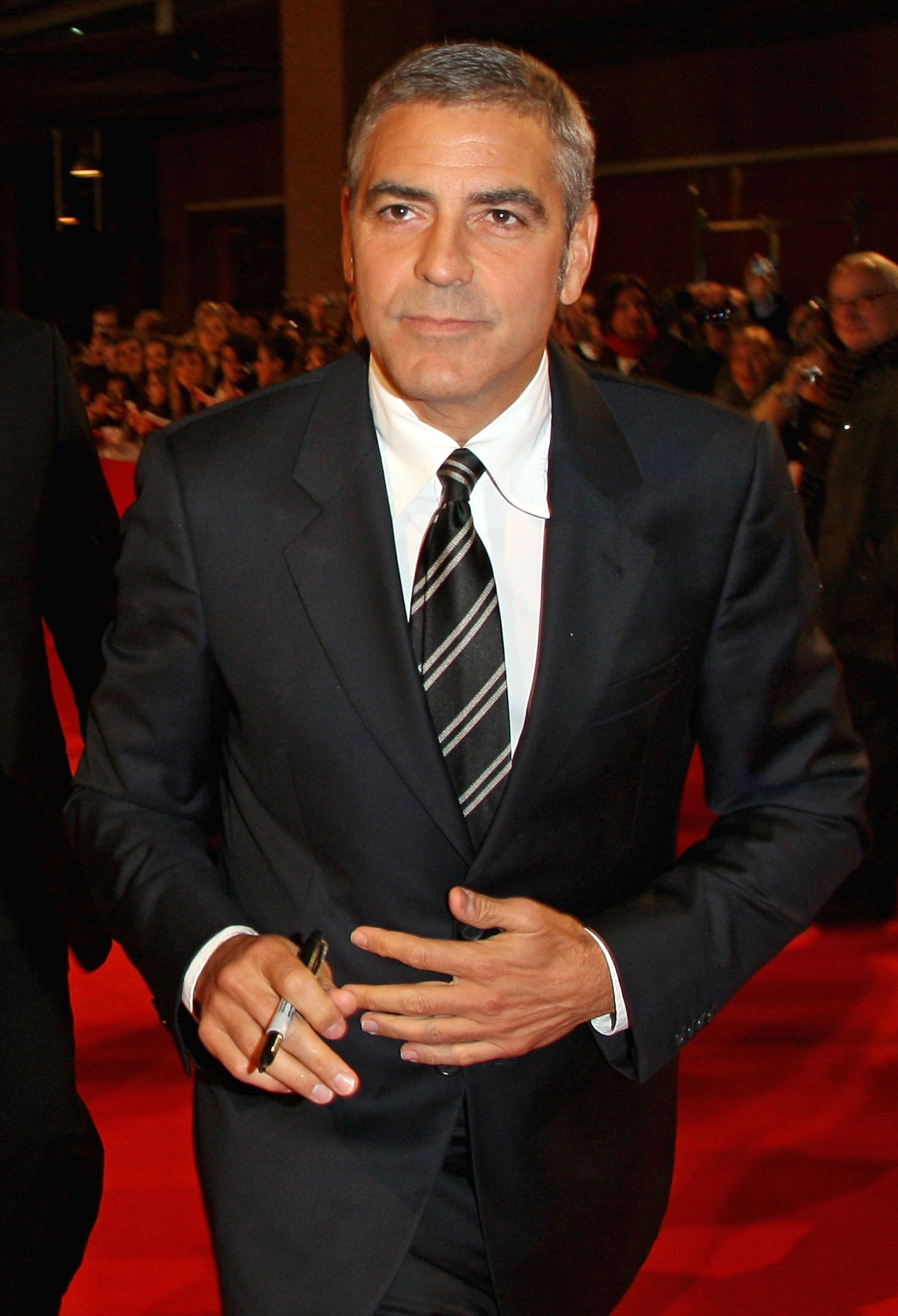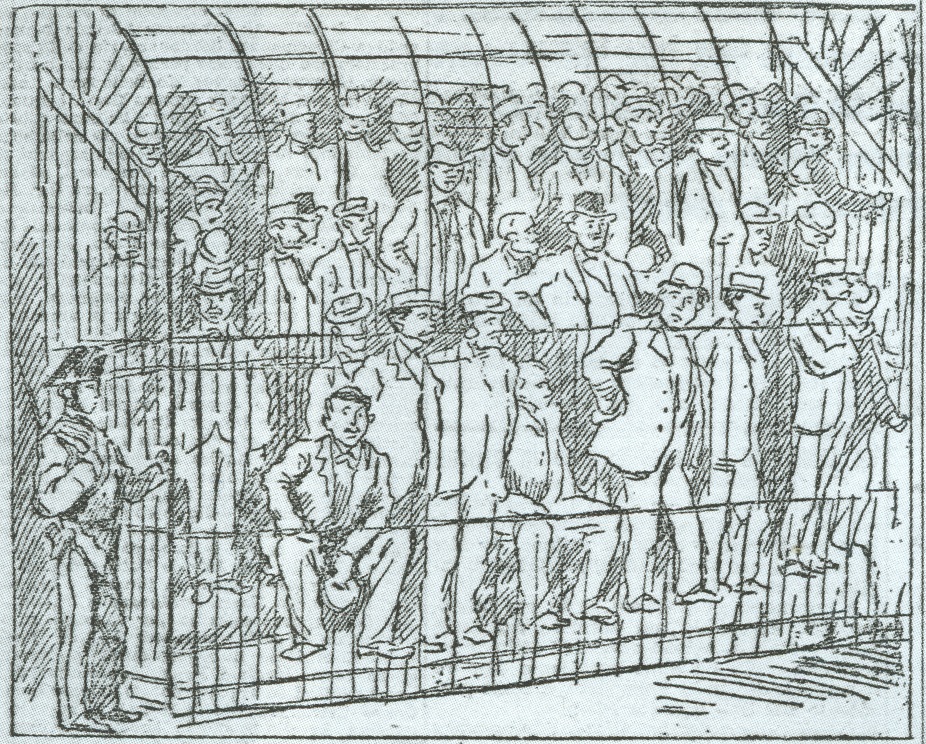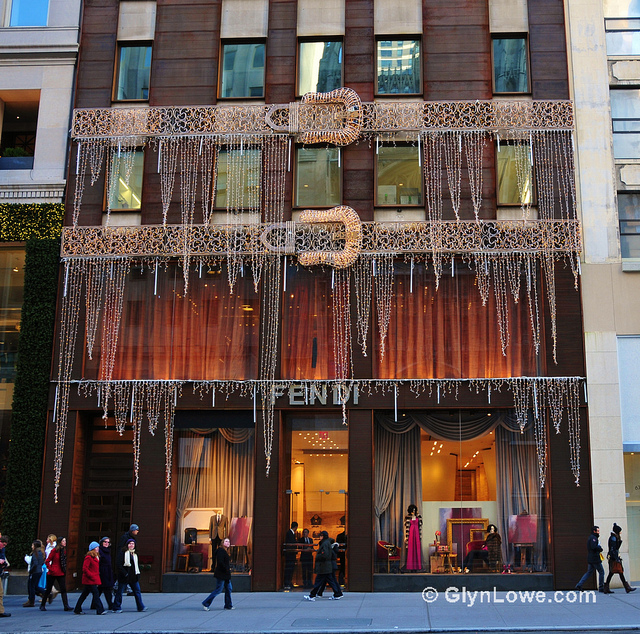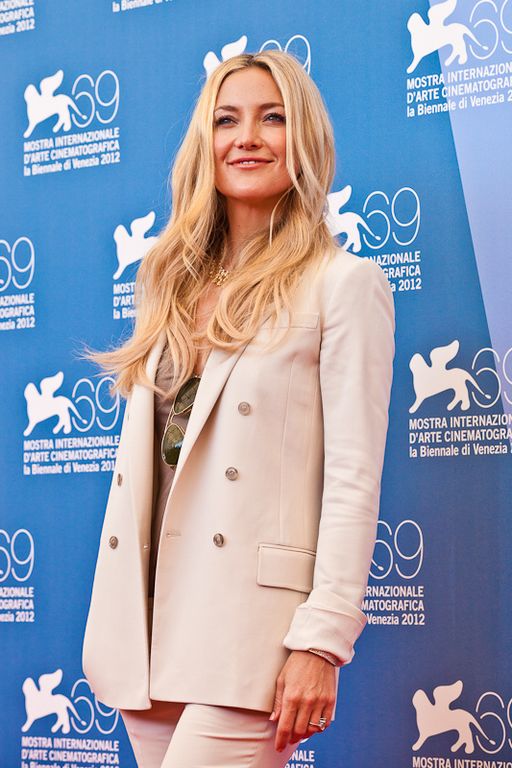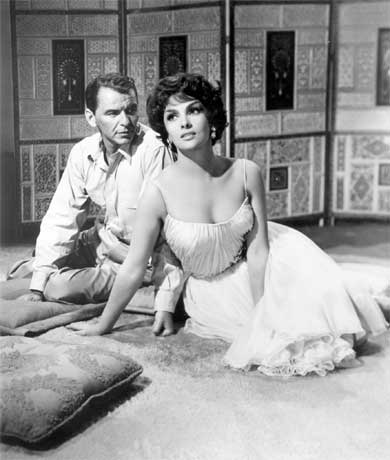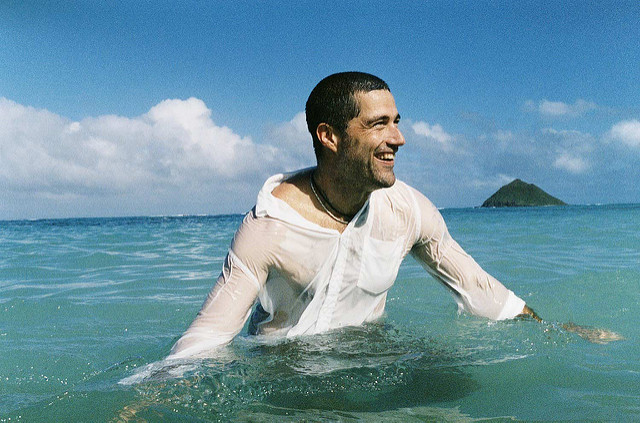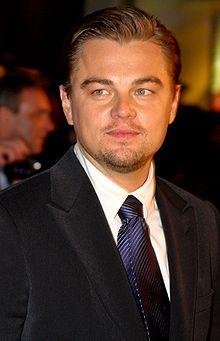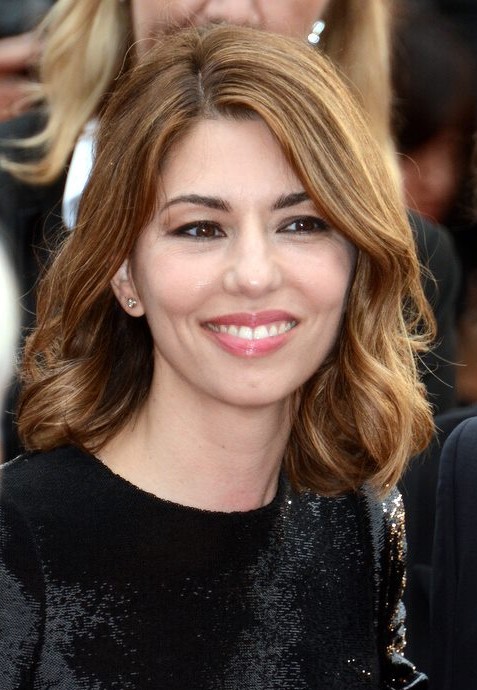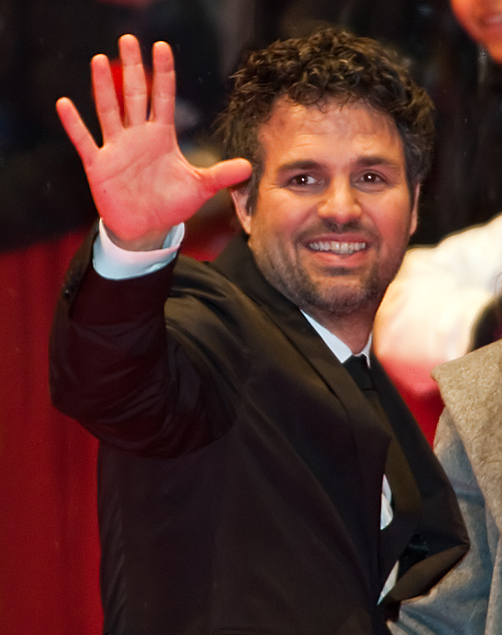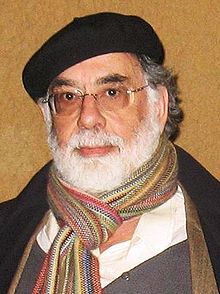
When you are director of films like The Godfather and Apocalypse Now your work and reputation pretty much speak for themselves. Francis Ford Coppola is one of the most famous moviemakers of his time, a man who has been able to keep artistic integrity while creating movies that are also commercially successful. From Coppola’s early work–like The Conversation–to his masterpiece, The Godfather, a movie he was called in to direct after writing the Oscar-winning script for Patton, all his works represent an amazing artistic effort. During the shooting of the Godfather, Coppola took over the production and defended his ideas and his cast to the end, even risking being fired to make the movie he envisioned. Of course, its enormous success, crowned by the Oscar, eventually proved his vision of the movie was a winning one. The Godfather solidified Coppola’s status as one of Hollywood’s heavyweights.
Coppola’s Career
Coppola worked with another legend, George Lucas, on his first short film as well as his first feature, American Graffiti. From these early days, a great relationship formed between the two, which continued with Lucas producing Captain Eo, a movie starring Michael Jackson and that was directed by Coppola.
After The Godfather, Coppola used his success to make Apocalypse Now, a powerful movie, the making of which was plagued with difficulties. The behind-the-scenes documentary Heart of Darkness details the arduous emotional and physical journey necessary to complete the picture. The film would become a cult classic and garnered much critical acclaim.
One of Coppola’s great strengths, and the reason his movies are so compelling, is his unique ability to tell a story on film as though it were a novel, moulding it to the needs of the silver screen. Coppola doesn’t just use words to communicate his plot and ideas, but also images, music and art direction. The director knows how to draw people in, making his audience part of the movie without the use of artificial technology like modern 3D. Rather, thanks to his skills, his movies seem to reach out and embrace the viewer. These feats can only be accomplished with a clear understanding of the medium and very few in the history of filmmaking have been able to achieve what Coppola has.
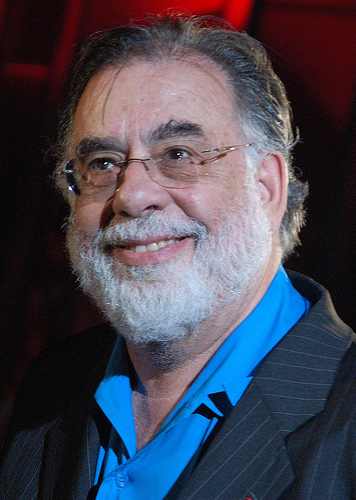
Coppola’s View of Italy
Although very American, Francis Ford Coppola is of Italian origins (his grandfather moved to the US from Basilicata at the beginning of the 20th Century): his style and his touch show a definite respect for Italy and a certain nostalgia. It must be noted, however, that the Sicily portrayed in The Godfather trilogy is very different in its essence to the Sicily presented by Luchino Visconti in The Leopard, two movies that are grand productions with an international cast, both very detailed, and yet very different in their DNA. It is not the genres being different, but the inner soul of the directors, as one saw Sicily through the eyes of an American, a son of immigrants, and the other with the eye of a modern Italian, looking back at how things used to be.
The Coppola Family
Coppola has a large, extended family, some blessed themselves with artistic talent. His sister, Talia Shire, played the iconic role of Connie in The Godfather trilogy; Coppola’s daughter, Sofia, took the role of Mary Corleone in The Godfather 3 after Winona Ryder had to drop out. The Coppola family also includes Nicholas Cage, who is the director’s nephew. The strength and closeness of the Coppola family is inspiring, and not exactly typical for Hollywood.
Now, in the later stages of his career, Coppola’s love for movies seems to have been equaled by his love for wine and the successful family vineyard in Northern California. Sofia Coppola, meanwhile, has become a very celebrated director in her own right. Indeed, Sofia has become the third generation Coppola to win an Academy Award.




